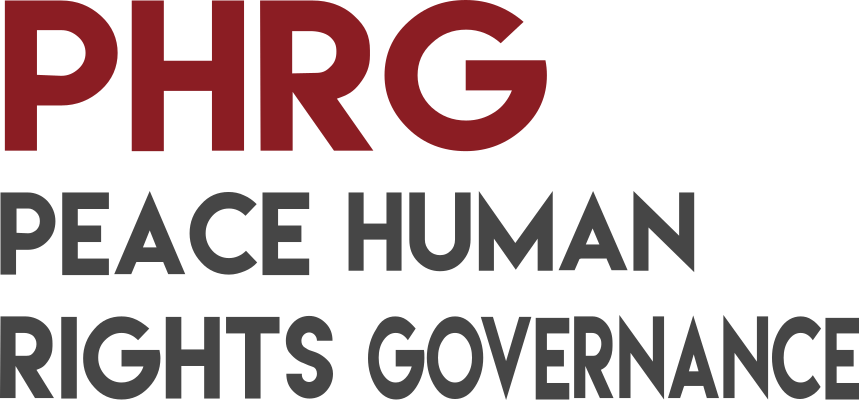Abstract
The recent COVID-19 pandemic has showed how universal healthcare coverage and social security are indispensable to save lives, preserve human dignity and make economies resilient. Moreover, the lockdown is predicted to cause a severe global financial and economic recession, from which states will have to recover. Countries in the Global South are expected to be the most affected. A rights-based approach to public policy can be the answer for countries confronted with such multifaceted challenges. Indeed, after a long normative evolution, the theoretical framework on human rights and fiscal recovery can be finally put in practice. This article will summarise and analytically asses such emerging theoretical framework, highlighting different visions. On this basis, it will be argued that strong procedural requirements on democratic participation in policymaking, combined with support for economic pluralism, can overcome the traditional Manichean opposition between human rights and economics. Hence, this article contributes to advance a rights-based approach to economic recovery which places people at the centre and builds sustainable, inclusive economic growth after the global pandemic.
Keywords
Download
De Falco R. (2020) "Human Rights, Fiscal Policy and Economic Pluralism: Building Inclusive Recovery after COVID-19
", Peace Human Rights Governance, 4(2), 215-246. DOI: 10.14658/PUPJ-PHRG-2020-2-3
Year of Publication
2020
Journal
Peace Human Rights Governance
Volume
4
Issue Number
2
Start Page
215
Last Page
246
Date Published
07/2020
ISSN Number
2532-3474
Serial Article Number
3
DOI
10.14658/PUPJ-PHRG-2020-2-3
Section
Articles

 © 2026 Padova University Press - Università degli Studi di Padova
© 2026 Padova University Press - Università degli Studi di Padova